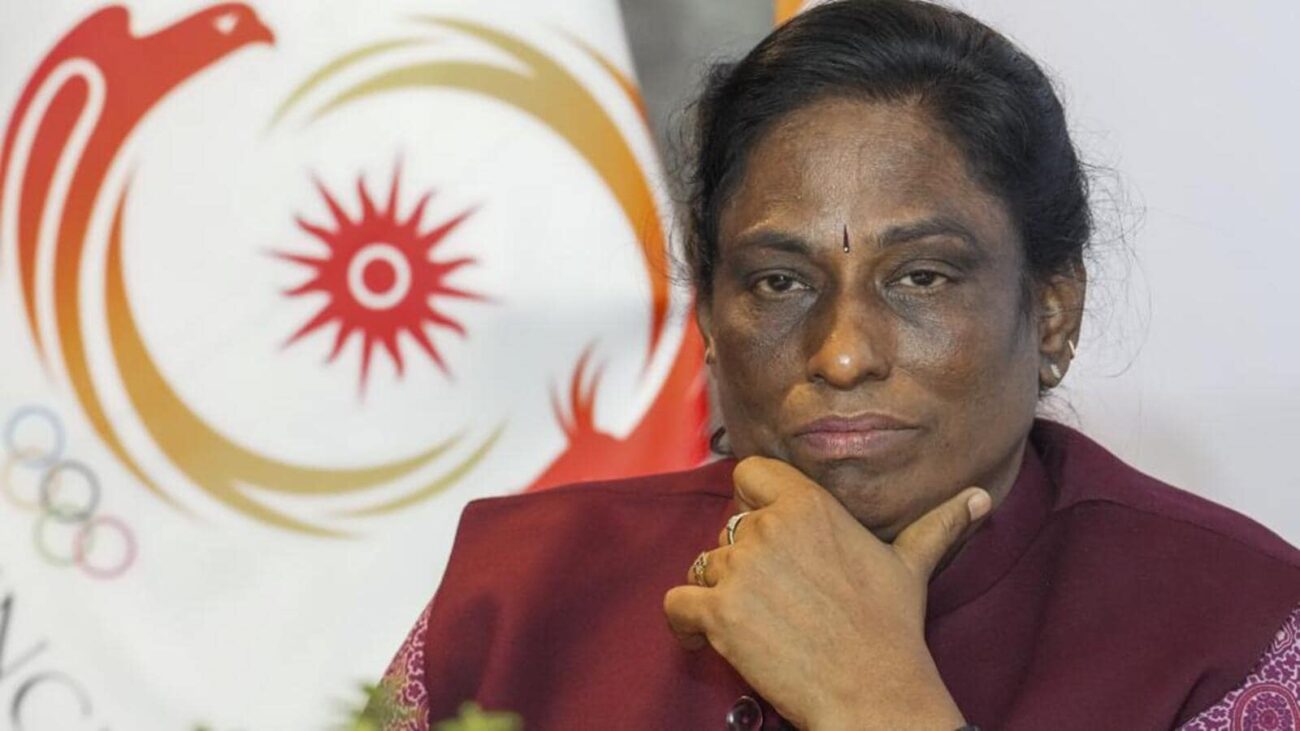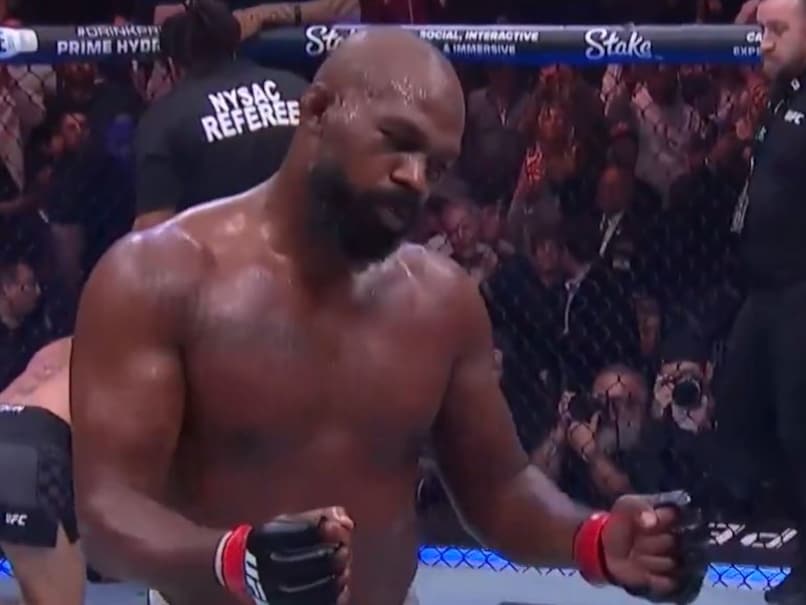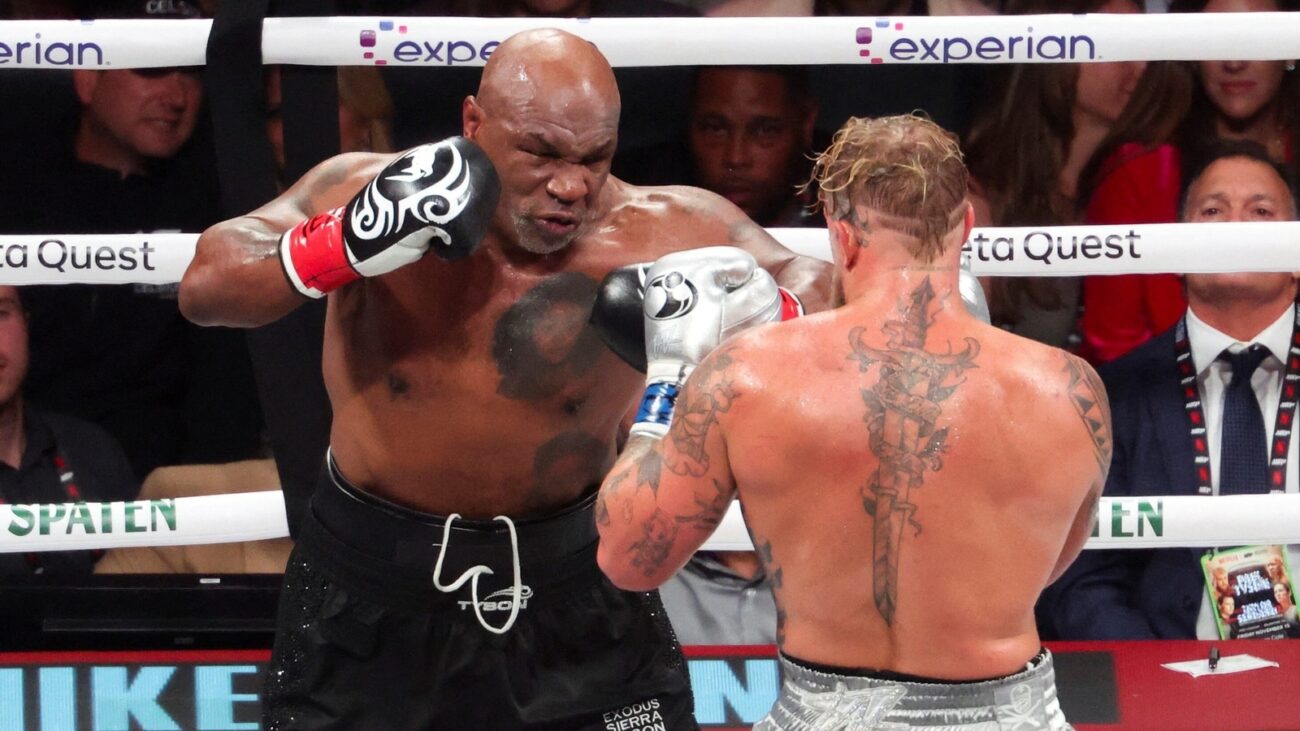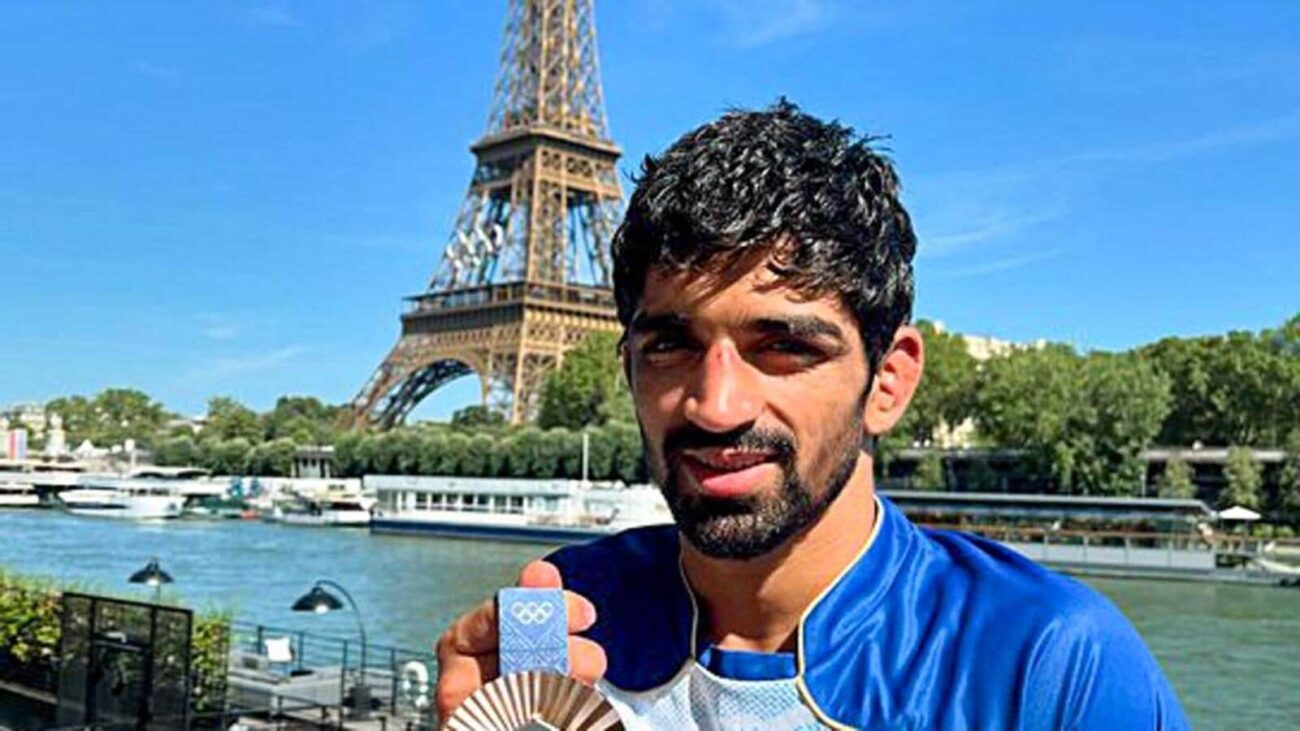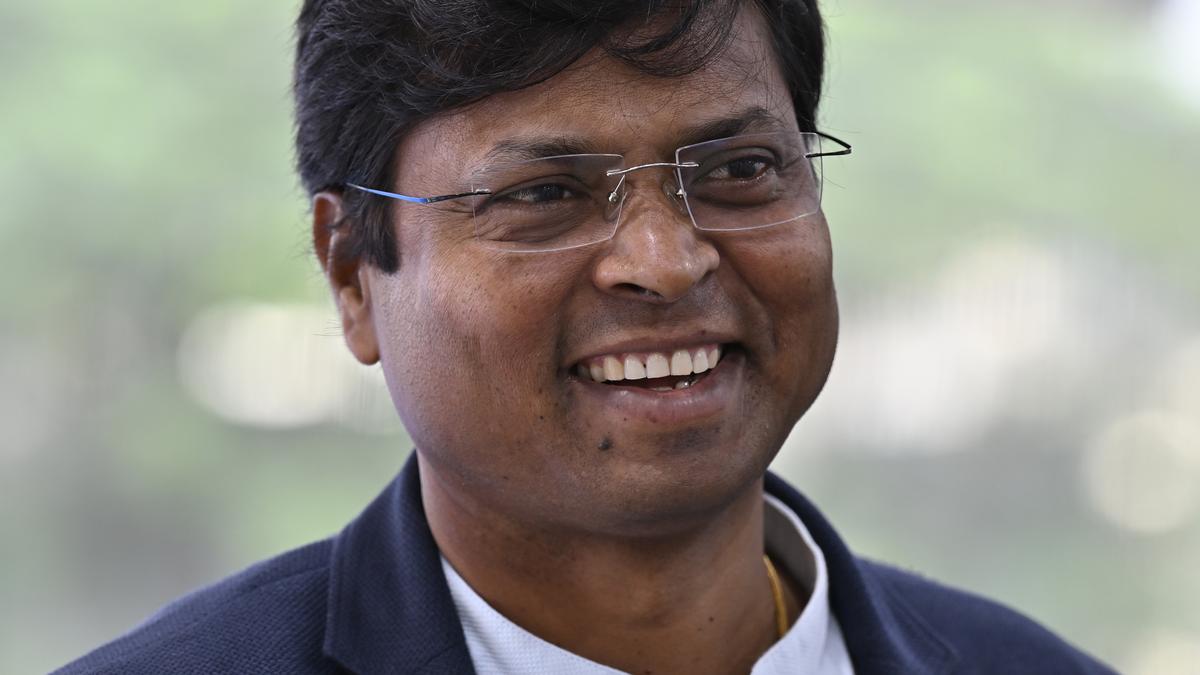The Indian Olympic Association (IOA) has been embroiled in a controversy over its sponsorship agreement with Reliance Industries Limited (RIL), which has been deemed “faulty” by the Comptroller and Auditor General (CAG). The CAG report alleges that the IOA has incurred a loss of ₹24 crore by granting RIL additional rights to four more Games (Winter Olympics 2026, 2030 and Youth Olympic Games 2026, 2030) at the same cost.
As per the initial agreement, RIL was made the principal partner till 2028 for ₹35 crore for the Asian Games (2022, 2026), Commonwealth Games (2024, 2028), and Olympics (2024 Paris and 2028 Los Angeles). However, the CAG report found that the IOA extended the tenure of the agreement to 2030 without any additional consideration.
IOA treasurer Sahdev Yadav has expressed concerns that the “potential value of such a deal would be considerably higher than what was proposed and agreed upon in the renegotiated agreement with RIL.” He also highlighted that India’s bid to host the 2030 Youth Olympic Games, whose sponsorship rights were given to RIL for free, could lead to a potential loss of over ₹100 crore.
President PT Usha has defended the deal, stating that the Executive Council members were part of the discussion during the renegotiation process. However, Yadav has refuted this claim, stating that even sponsorship committee chairman Rohit Rajpal had not given his consent.
The controversy has escalated, with the IOA accusing Yadav of being responsible for the IOC not releasing financial grants. Yadav has countered that the financial reports are meant to be signed by the president, CEO, and treasurer, and that he cannot sign on reports when the CEO’s appointment has not been ratified.
The IOC has expressed concerns over the ongoing governance issues within the IOA, particularly the obstruction to the ratification of the CEO’s appointment. The IOC has emphasized that this has hindered the IOA’s ability to function effectively.

